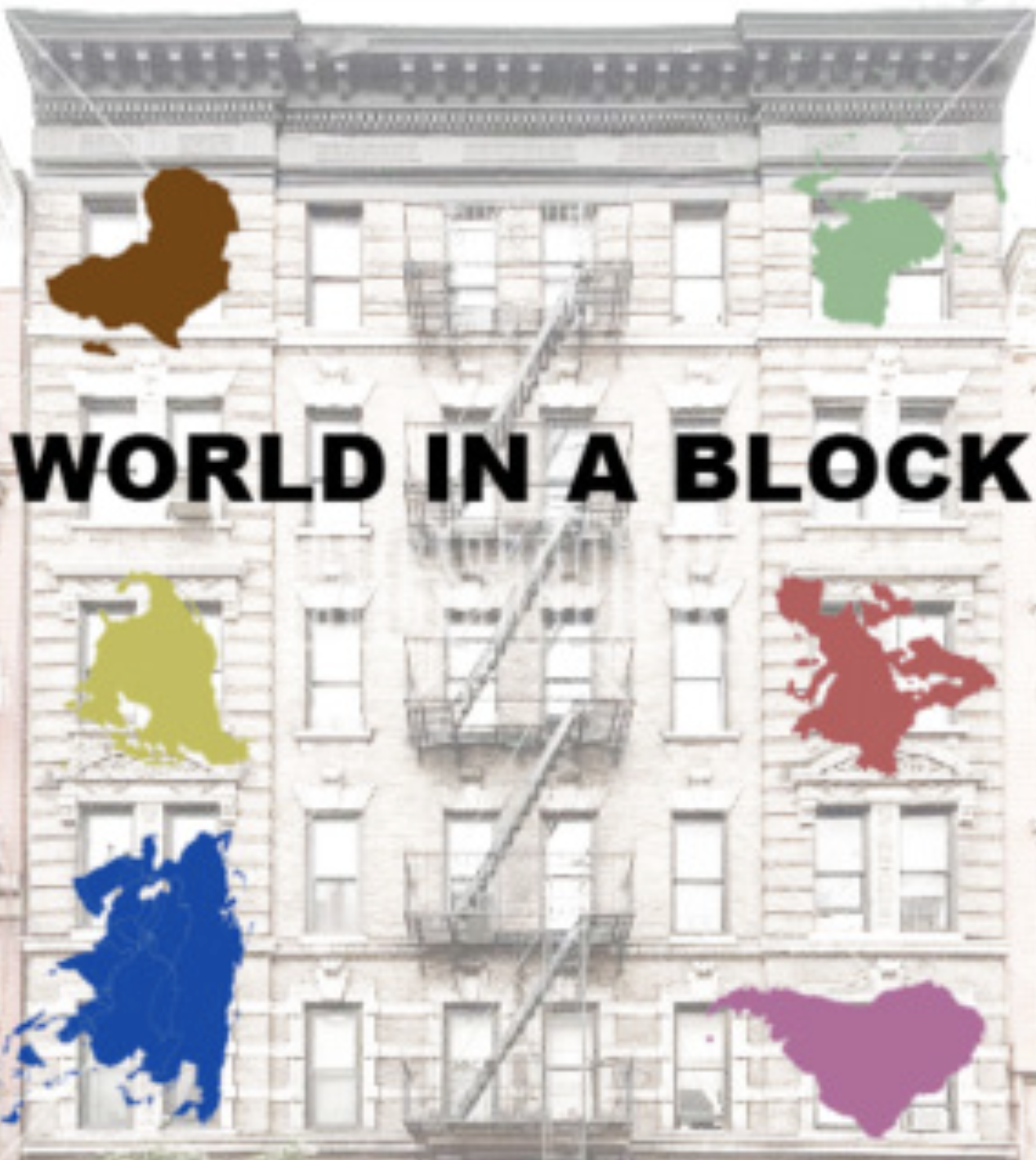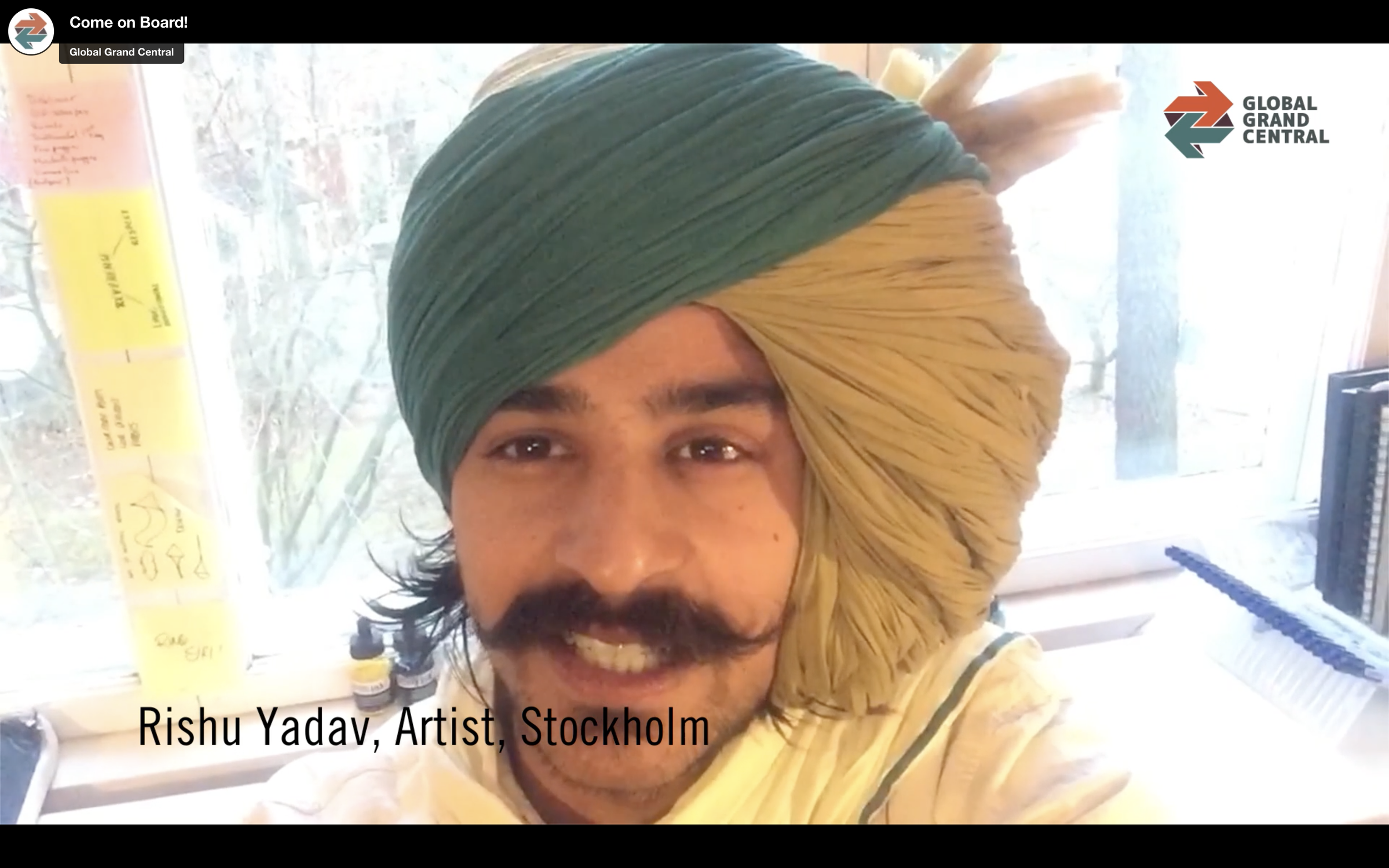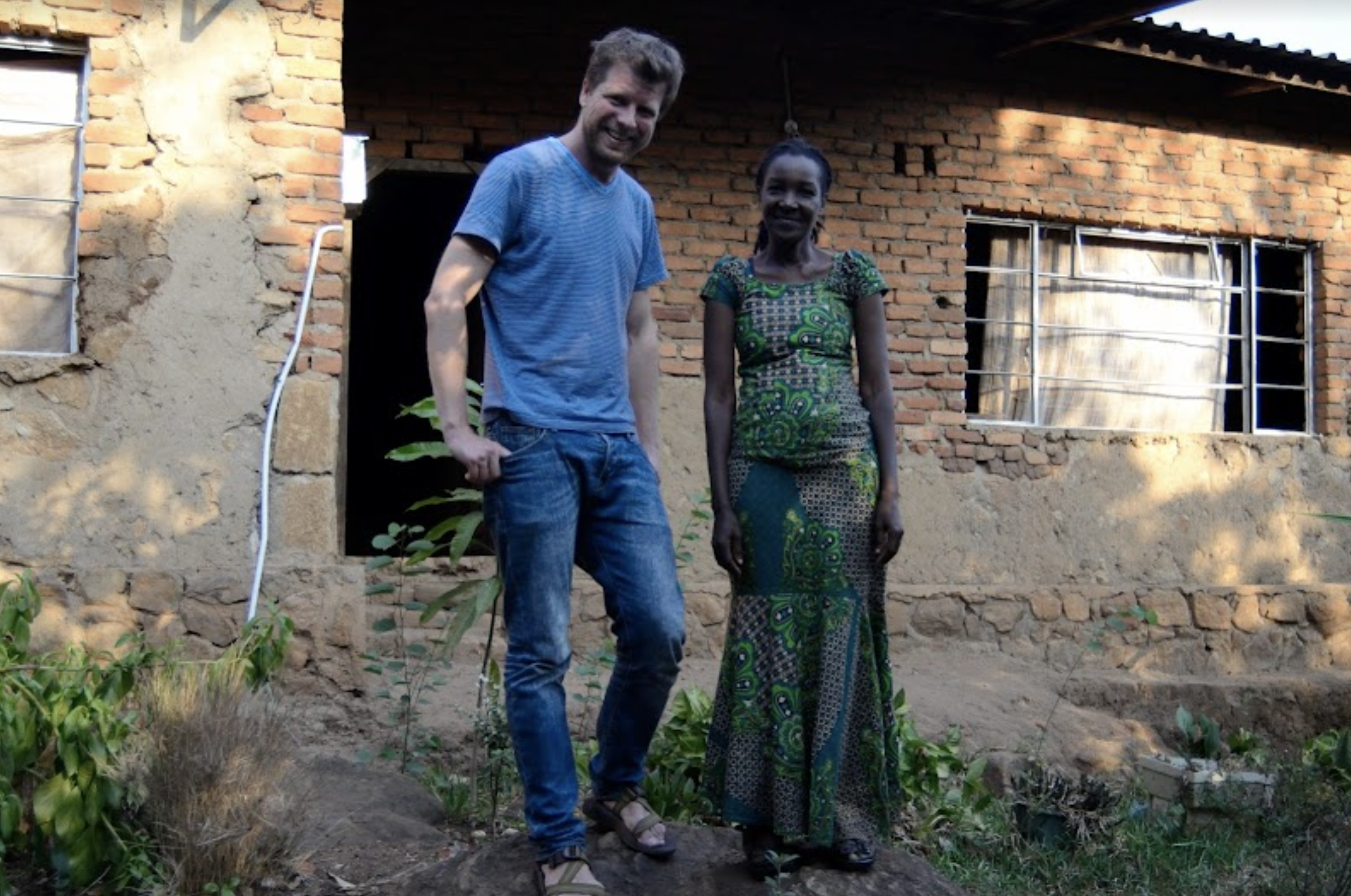
At one point I started questioning why I had the power to tell other people’s stories. I felt that my perspective - as a privileged, white, male from northern Europe - had already been told.
Instead, I started to explore borders by lending cameras and voices. I ventured into years of project management, facilitation, method development, and research.
Bordr.org &
Global Grand Central
It began with eight cross border traders in Southern Africa in 2010. They borrowed cameras for two months and produced the most astounding work - telling their own stories for their own purposes to counter stigma and discrimination.
Resulting exhibitions toured - along with some of the traders - to Namibia, South Africa, Malawi, Mozambique, Zambia, Botswana and 18 cities in Sweden
A revisit four years later showed that the project had contributed to improved perceptions towards the trader community
After this, I lent cameras to immigrants in New York, stateless in Jordan, and pupils in Sweden. Programmer Christo de Klerk, and I co-developed an app where people could log in between places, emotions, and spaces in time.
A new story concept became it’s own organisation - named Bordr
We organized interactive exhibitions in Sweden and New York
EU-funding meant that we could explore participatory storytelling through arts, craft, music and interactive exhibitions. We started learning across initiatives.
Another organisation formed with a digital platform for process sharing called Global Grand Central
Project research led to a side career as an evaluator and facilitator
Along with all the conceptual exploring, I moved back to my rural childhood home in Sweden to better understand where I come from. I became deeply involved with arts cooperative Not Quite, as we tried to co-define the future for a whole village.
We called it “The New Mill Town”
Below are images and concepts from the processes



























































































